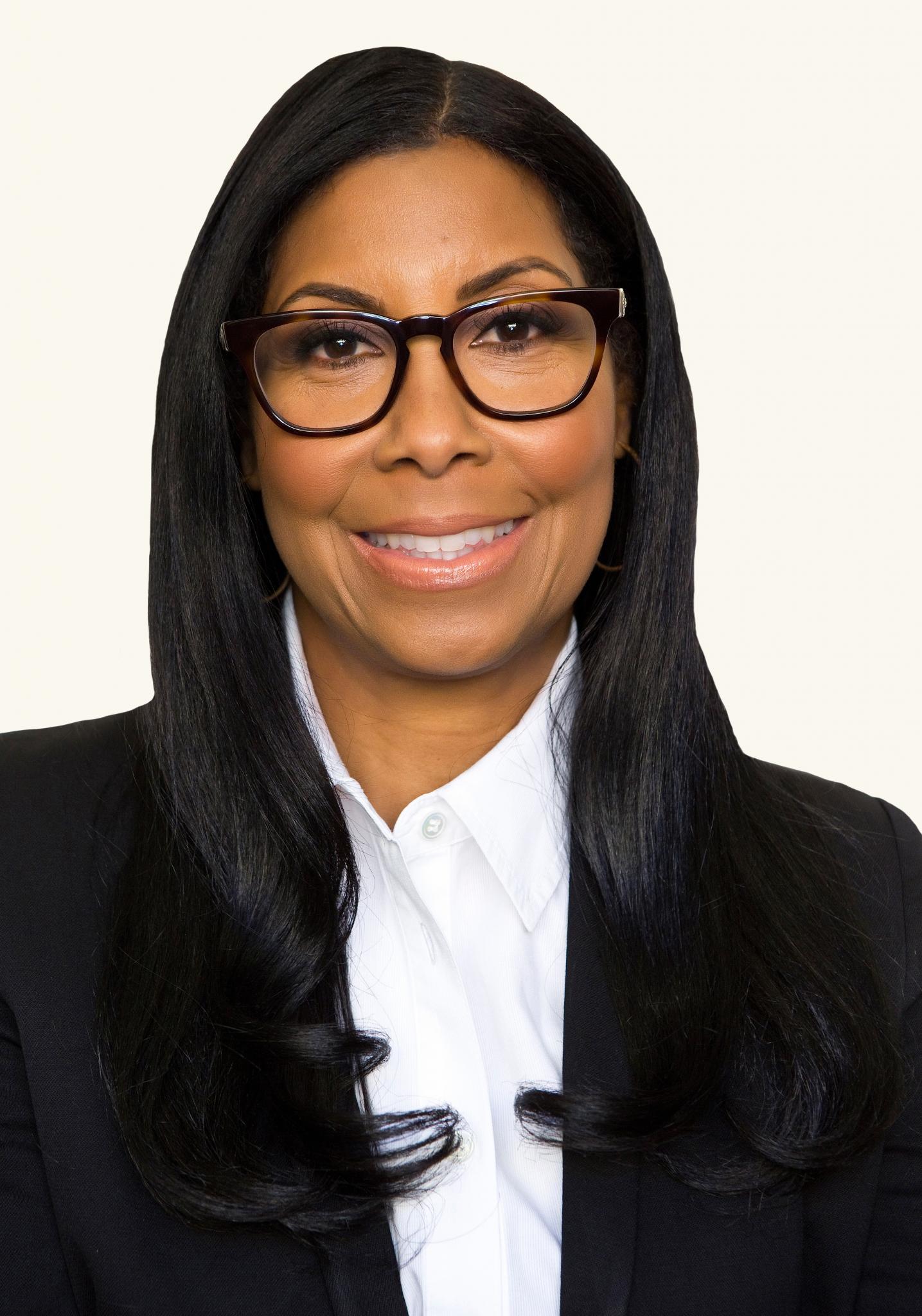
Today as we observe National Women and Girls HIV/AIDS Awareness Day, let us consider the statistics surrounding women and the disease.
According to the Center for Disease Control and Prevention, women make up 24 percent of HIV diagnoses among adults in America. The risks are even greater for African-American women—with one in every 32 women being diagnosed with HIV in their lifetime. Statistics further state that 85 percent of African-American women with HIV received it through high-risk sex.
ESSENCE.com caught up with NWGHAAD ambassador Cookie Johnson, wife of famed basketball player Magic Johnson, to find out how she is helping spread the message of awareness through social media and how women can keep themselves safe.
ESSENCE.com: How are you working to ensure that women get the message to get tested?
COOKIE JOHNSON: We’re trying to reach them where they live, which is basically through Twitter and Facebook. Everyone needs to talk about this. Part of the problem is, when my husband made his announcement back in 1991, people were dying. It was a new disease. People weren’t familiar with it. People were dying at alarming rates. Now, with the medications they have, people are still getting the disease at high rates, but they’re not dying like they used to. I wonder if that’s why people aren’t afraid of it anymore. I think we really need to bring attention to the fact that there are still huge numbers—especially women and girls—who are getting this disease.
ESSENCE.com: You’re a mother of two adult children. What kinds of conversations about HIV/AIDS did you have with them when they were young?
JOHNSON: It started as soon as they were in school and started sex education. I remember a lot of parents having meetings and being against sex education that early. I had to get up in those meetings and say this is the best time to do it. You want to catch the kids while they are young and educate them. You’re not promoting sex, you’re educating them and you’re giving them knowledge. If and when it ever comes up in life, they’ll be prepared to make the right decisions. I’ve been talking to my kids ever since. You can’t stop talking and I’m still talking.
ESSENCE.com: The first year of marriage—1991—was also the year your husband made his announcement about being positive. How has your marriage changed since then?
JOHNSON: It actually got stronger. When you’re faced with a tragedy like that, you either do one of two things. You either band together and become a close-knit unit or you completely fall apart and go your separate ways. It’s a lot to handle. We were married a month when it happened. It was very difficult. Everything was new. I found out I was pregnant that month. I wanted to do everything possible to keep it together and fight for it. My first instinct was to go to God and get everything from Him and number two, I was going to fight for my family.
ESSENCE.com: Is your day-to-day life any different because your husband is HIV positive?
JOHNSON: It doesn’t affect it at all. We need to get rid of the stigma around HIV/AIDS because I know for us, we live a very normal life. As long as we use the protection that we’re supposed to, we will live a long healthy life. We live very normal. It’s no different than any other chronic disease. For instance, diabetes. If you live in a family with someone who has diabetes, you kind of have to change your eating habits. You make the necessary adjustments. It’s the same thing with HIV. I look at it as something that one of us has and we make the necessary adjustments. They’re not huge adjustments. We started eating healthy when that happened because we wanted to make sure he has a healthy immune system. You can, hug, kiss and touch. There’s no difference. We really need to work hard getting the word out. It’s okay to have it, it’s okay to love a person who has it, it’s okay to help a person who has it instead of alienating them.
ESSENCE.com: What is the message you want to send to African-American women on this day?
JOHNSON: The message is three pronged: First, get out there and educate yourself about the disease and get the knowledge that you need. Secondly, treat getting tested like your annual physical. It should be a part of anyone’s regimen. It doesn’t matter who you’re dating or how long you’ve been married. Especially for women, be an advocate for yourself. Women need to start speaking up in relationships and start taking care of themselves. And lastly, spread the knowledge. Go out and talk to people. Talk to your churches, talk to your family, talk to your schools. Get people talking about it and understanding it. If we do that, I believe we can really stop this disease.
For more information, visit www.womenshealth.gov/nwghaad.